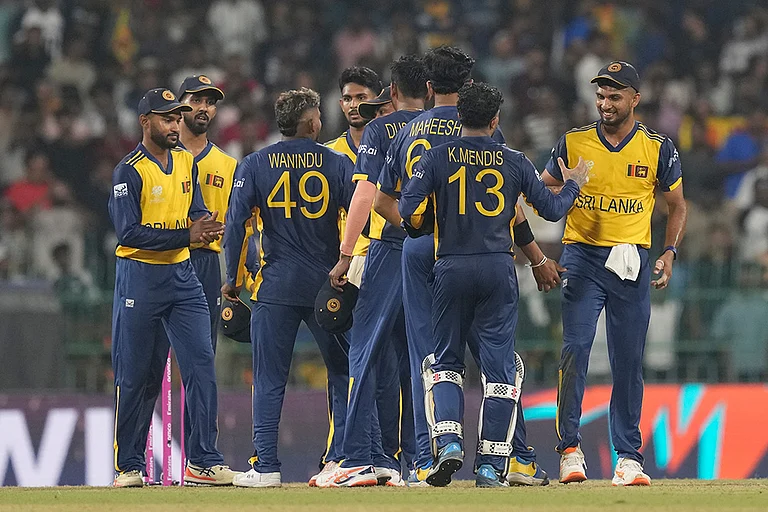But Shekhar's book is not about the cases investigated. That, some may say, would be sensationalism, not to mention, a direct contravention of the Official Secrets Act. Instead, with his vast experience as a police administrator both at the Centre and in the Rajas-than state cadre, he's intimately familiar with two unique characteristics of police work: prevention and detection. The outcome is a book that deals with, as its cover suggests, a paradigm shift in Indian policing. At a time when criminalisation of politics is attracting increasing attention, the tome gives detailed, factual insight into policing and the laws that govern it. In fact Shekhar proposes a new police 'management' as opposed to traditional 'administration', as it exists today.
There are good reasons to propose an organisational turnaround. Policing in India comes under an act of 1861 vintage. Prime ministers from Nehru onwards have promised changes, but nothing has happened. Says Shekhar: "The polity has changed from a colonial one to a democracy but the hierarchical structure and methods of functioning of the police continues to be as it was...to a considerable extent this is due to the fact that those who control us, want us to control dissent more than the enforcement of the rule of law." Because this act requires a para-militaristic, hierarchical setup, the fallouts are also inherent: policing is reactive rather than preventive; there's excessive use of force; and a tendency to be servile to the influential, officious with ordinary people and brutal with the downtrodden.
Unfortunately, as Shekhar points out, with little emphasis on prevention of crime, the focus has shifted to detaining suspects, which makes coercion almost mandatory. Further, since preventive action has been diluted, criminals do not respect the sanctity of conditional bail and kill even on parole. The biggest casualty in such a situation is the law. People respect it less and less. Even if more arrests and trials show up police officers and thanas in good light, the conviction level is poor and criminal gangs roam the streets openly.
How does the police bureaucratic roulette work? The Director General of Police has the vested authority to post circle officers of the rank of deputy superintendents of police. In practice, the transfers are first discussed with the home minister who has his own list based on 'requests'. Ad hoc appointments of heads, according to Shekhar, is a rule rather than exception and eligibility often a pawn on the chessboard of expediency. Consequently, lobbying in the state secretariats and North Block is essential for survival and talk of police 'morale' and 'motivation' just an academic exercise.
While police laws have remained archaic, new paradigms such as judicial activism and public interest litigations (PILs) have come into play. If anything, they've made an investigator's job more difficult. Writes Shekhar: "The investigator seems to have been caught in a clamp. The credo of criminal justice is the pursuit of truth. At the same time the veracity of the case should be overtly apparent. In other words, justice should not only be done, it should manifestly appear to have been done. This necessitates marshalling of evidence which is 'perceived' to be credible. In order to meld precept with perception, the investigator is sometimes tempted to indulge in padding. Which perhaps makes the case stronger in the eyes of law, but certainly renders the credibility of the investigator weak in the eyes of the public." As opposed to this, the provisions of bail are so discretionary and magnanimous (for the offender), the police have a harrowing time tracking down the criminal on parole. The courts are cluttered with backlog and bailed-out suspects rest content in the knowledge that the cases against them may not be decided during their life span.
Shekhar's style and vast bibliography are impressive—historian A.J.P. Taylor, management guru Peter Drucker, figure alongside litterateurs and international experts on criminology. Perhaps the only thing missing is insider details of political cases, some of which have already affected contemporary Indian politics.


























